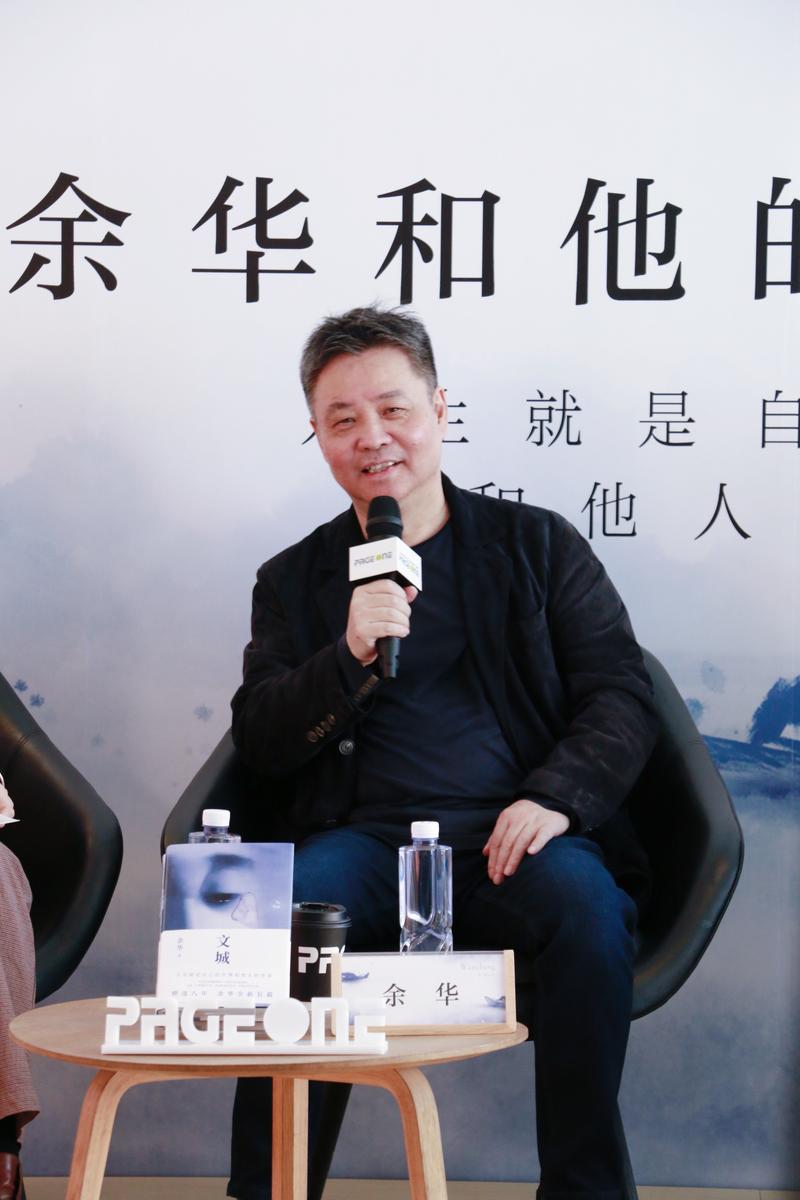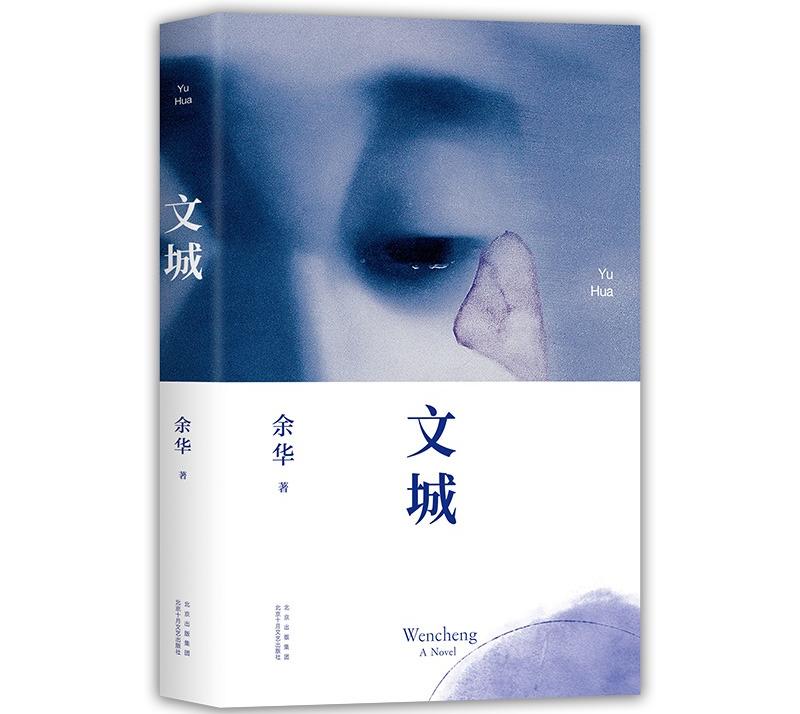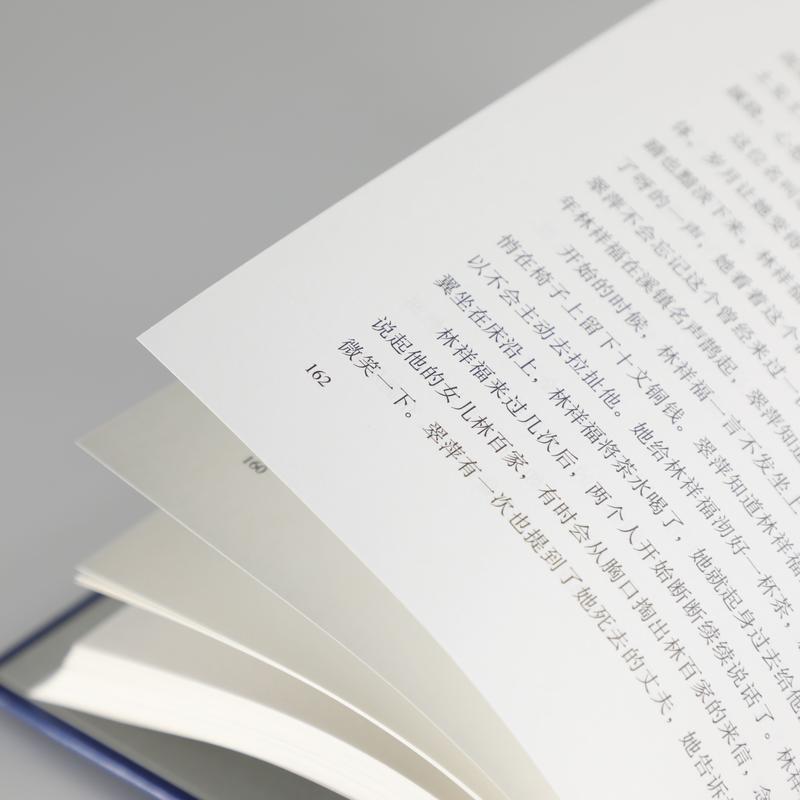Yu Hua seems to relish criticism but his stories appeal to a growing readership, Liu Yongliang reports.
 Author Yu Hua meets readers and talks about his new novel Wencheng at a recent promotional event in a Beijing bookstore. (PHOTO PROVIDED TO CHINA DAILY)
Author Yu Hua meets readers and talks about his new novel Wencheng at a recent promotional event in a Beijing bookstore. (PHOTO PROVIDED TO CHINA DAILY)
Authors expect, and indeed sometimes thrive on, criticism. Critics are well armed; they can, after all, throw the book at authors. Yu Hua seems almost to prove the point. His sixth full-length novel Wencheng has just been published, as if to feed the critics' appetite. "I hope everyone comes to criticize me," the well-known writer says. "Criticism means attention. If there is no criticism that means nobody focuses on you."
Yu is well-known for To Live, his signature award-winning novel, released in 1993, but his last full-length novel Seventh Day, published eight years ago, may have prepared him for such attention, as the critics targeted the latter.
When you read a novel and don’t find you have something to say about it, although everyone says that the book is good — you can put it away, because you don’t have your own feelings and thoughts
Yu Hua, author
Some commented: "This book (Seventh Day) is just a collection of news!" The protagonist of that book is a deceased man, Yang Fei, and it tells of the social problems that his ghost witnesses. Compared with that last book, Yu was expecting that "there would be more criticism" for his latest literary effort, Wencheng, but "in fact, the criticism was less".
The creation process for Wencheng was complicated. "The writers of our generation have an aspiration to write a story across 100 years. Therefore, I wanted to write a story that happened before To Live," Yu says. After publishing To Live, Yu began to create this story. But after writing more than 200,000 characters, he succumbed to writer's block. After publishing Brothers in 2005, he continued the story; after publishing Seventh Day in 2013, he moved it further again. Last year, amid the COVID-19 pandemic, Yu finally completed the novel.
"I chose Wencheng as the title of this book for no other reason than because this city does not exist, and all stories are related to Wencheng,"Yu explains. In Chinese, wen means literature, while cheng means city. Wencheng is not just a city where the story happens, but a space in which the readers can let their imaginations roam free.
The protagonist Lin Xiangfu takes his daughter from North to South China, staying in Xizhen town to look for his wife Xiaomei. In the book, Yu gives his readers a sense of the region south of the Yangtze River, and the customs and manners north of the Yellow River.
 Author Yu Hua's new novel Wencheng. (PHOTO PROVIDED TO CHINA DAILY)
Author Yu Hua's new novel Wencheng. (PHOTO PROVIDED TO CHINA DAILY)
In 2014, an article in the newspaper, China Arts, said that there is both variability and invariability in Yu's literature.
"I hope I don't repeat the style of my work," Yu says. "A writer must challenge himself." As his novels reveal, Yu has been battling to change the form and style of his writing. Readers may have found that the "cold writer" has become "sympathetic and soft" when they read To Live and then Wencheng. In To Live, which depicts the lives of grassroots people since the 1920s, the wretched destinies of Xu Fugui and his family will touch hearts. Whereas there is less cruelty in Wencheng. Just like literary critic Li Zhuang says:"To Live tells the story of how to live without hope, while Wencheng tells the story of how to die with hope."
Wencheng is set from the late Qing Dynasty (1644-1911) to the 1920s. People are kidnapped, escape, seek revenge, which is served cold, and scores are settled. Everyone in the story has dangerous moments, but they also keep a sense of purpose, and, indeed, one of optimism that better times will soon arrive.
Wencheng was written during the pandemic and allows readers the escapism of "a realistic story that has something softhearted in it".
To Live was written in the first-person. For his other novel, Brothers, Yu divided it into two books, and told two distinct stories: In the first book, you can see the shadow of To Live and Chronicle of a Blood Merchant (1998), and readers often read it with tears, but in the second book, the style was absurd and bizarre.
 Author Yu Hua's new novel Wencheng. (PHOTO PROVIDED TO CHINA DAILY)
Author Yu Hua's new novel Wencheng. (PHOTO PROVIDED TO CHINA DAILY)
In 2018, Yu said: "No matter how hard I write, I cannot write a book as fantastic as To Live." That novel won several awards and honors, both at home and abroad, including the Grinzane Cavour Prize in Italy in 1998, and Ordre des Arts et des Lettres in France in 2004. It was also listed as "one of the most influential novels since China's reform and opening-up" in 2018.
"Literature is looking for something interesting, while philosophy is looking for something meaningful," says Professor Yang Qingxiang from the Renmin University of China. In Yu's book, readers not only find vivid content but also realize meaningful thoughts, as these stories come from real lives, and Yu is "a good storyteller and sharp observer".
"The meaning of reading is to broaden your life, and make your psychological status healthier," Yu says. To that end, he suggests that young readers stop reading a book if it doesn't impress them. He says:"When you read a novel and don't find you have something to say about it, although everyone says that the book is good-you can put it away, because you don't have your own feelings and thoughts."
Yu, in his early 60s, is not behind the times. The dentist-turned-author from Hangzhou, Zhejiang province, knows the language of the internet and can communicate with video bloggers easily.
He even developed a liking for danmu, or "bullet-words"-short live comments from viewers that scroll across the screen while watching video clips online. "In the past, I would usually close the danmu function, but now I see that there is meaningful and funny content," he says.


